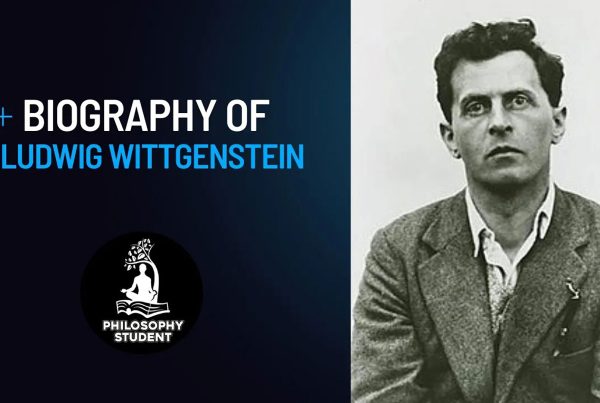Based on the teachings of Pythagoras (c. 570–495 BC) and the school he established inCroton in southern Italy, we may conclude that, in many ways, Pythagoreanism was more ofa mystery religion than a philosophical school. It taught the immortality and transmigration of the soul and imposed various strictures and observances upon the behavior of its followers. Unlike other such movements, however, Pythagoreanism attached mystical significance to mathematics and has been credited with several important mathematical discoveries, including harmonic progressions in music and the eponymous results in trigonometry (flowing from the Pythagorean theorem).
Philosophically, the Pythagoreans were impressed with the certainty and exactness of mathematical knowledge, in contrast to what we can know about the physical world; they therefore concluded that the physical world was merely a poor shadow of some superior form of existence, that all knowledge should be based on the mathematical (that is, the axiomatic) example, and that the contemplative existence was the highest ideal to which man can aspire. These conclusions had a major influence on the metaphysical, epistemological, and ethical theories of many subsequent philosophers in the Western tradition, especially as transmitted through the work of Plato and his later adoption by the Scholastics in the Middle Ages.




































